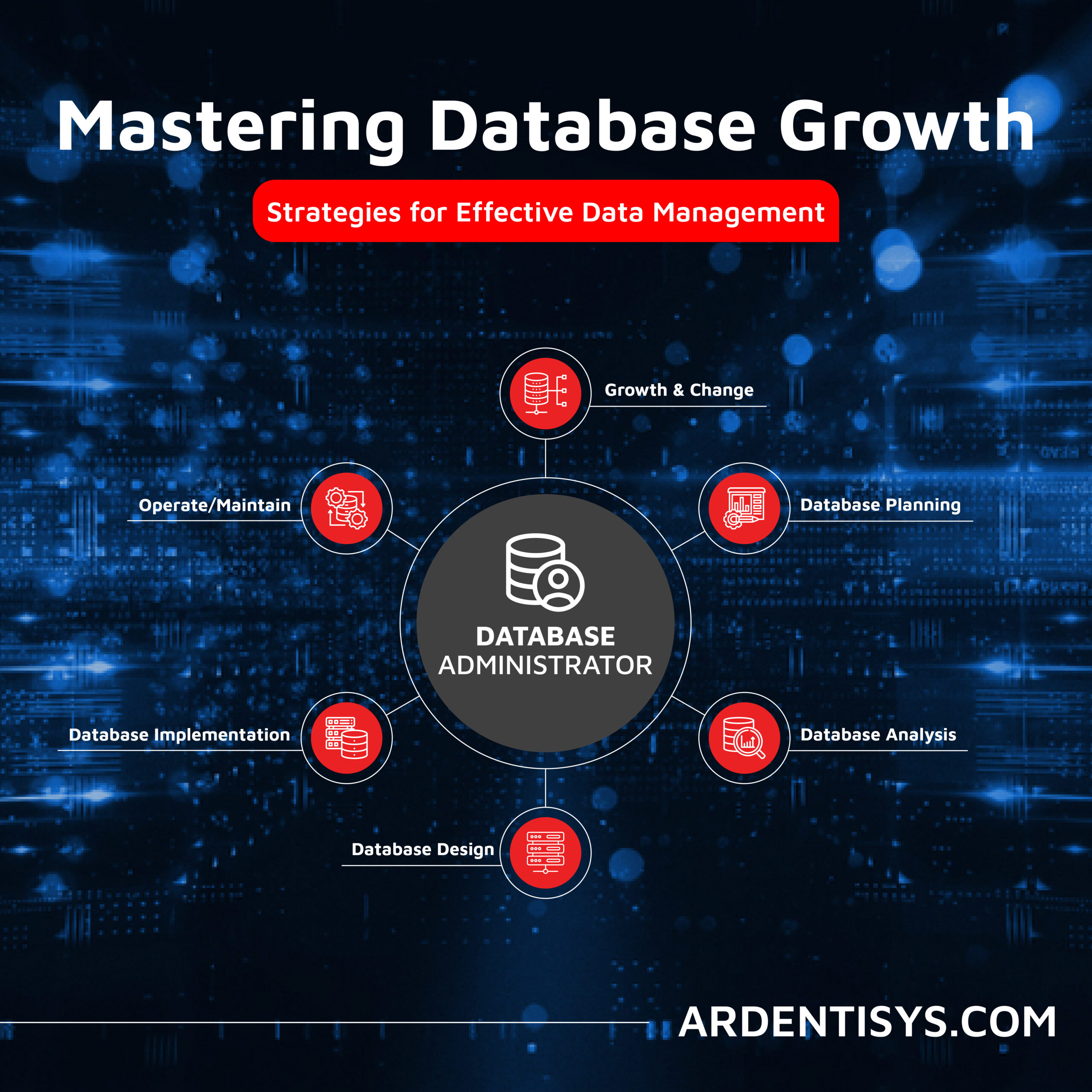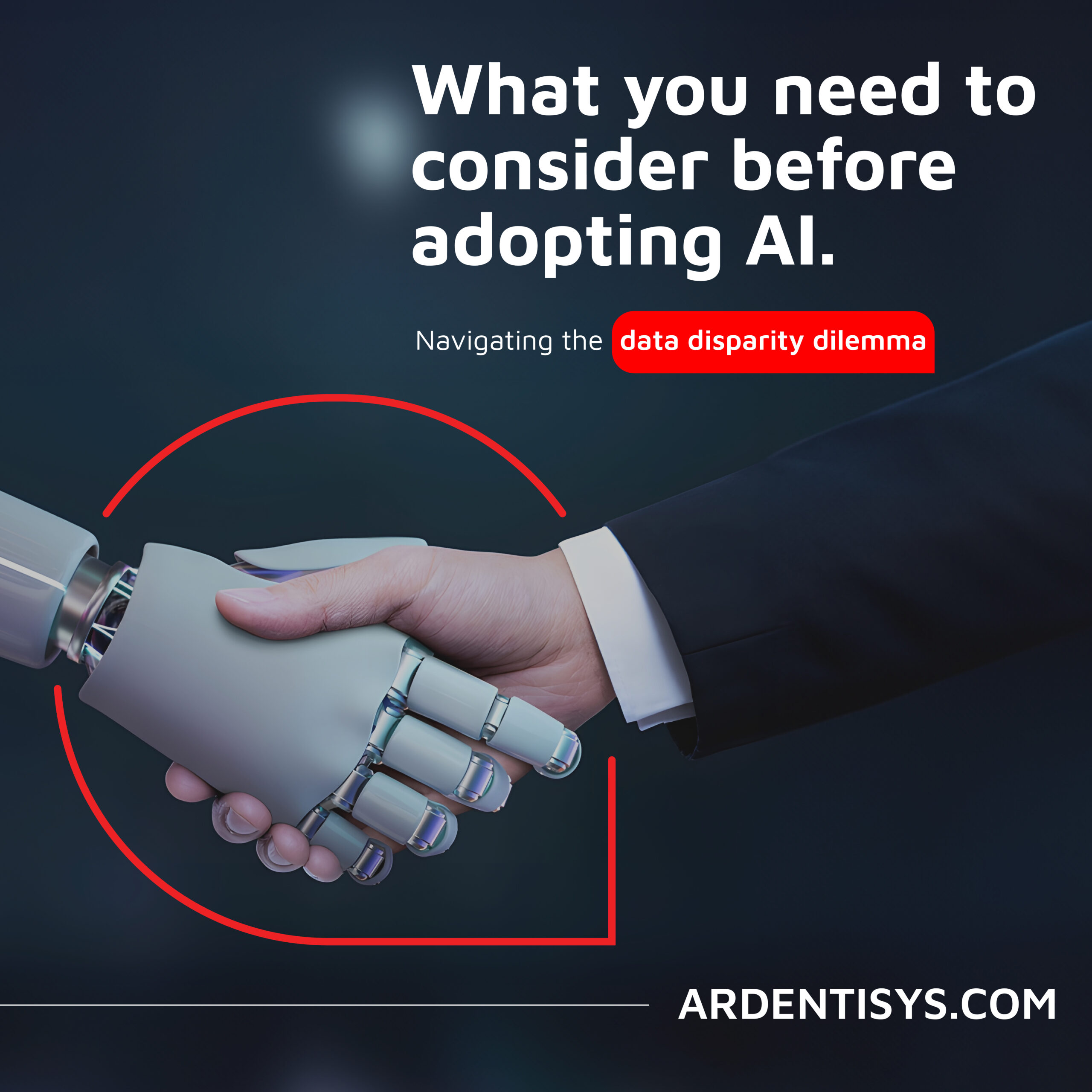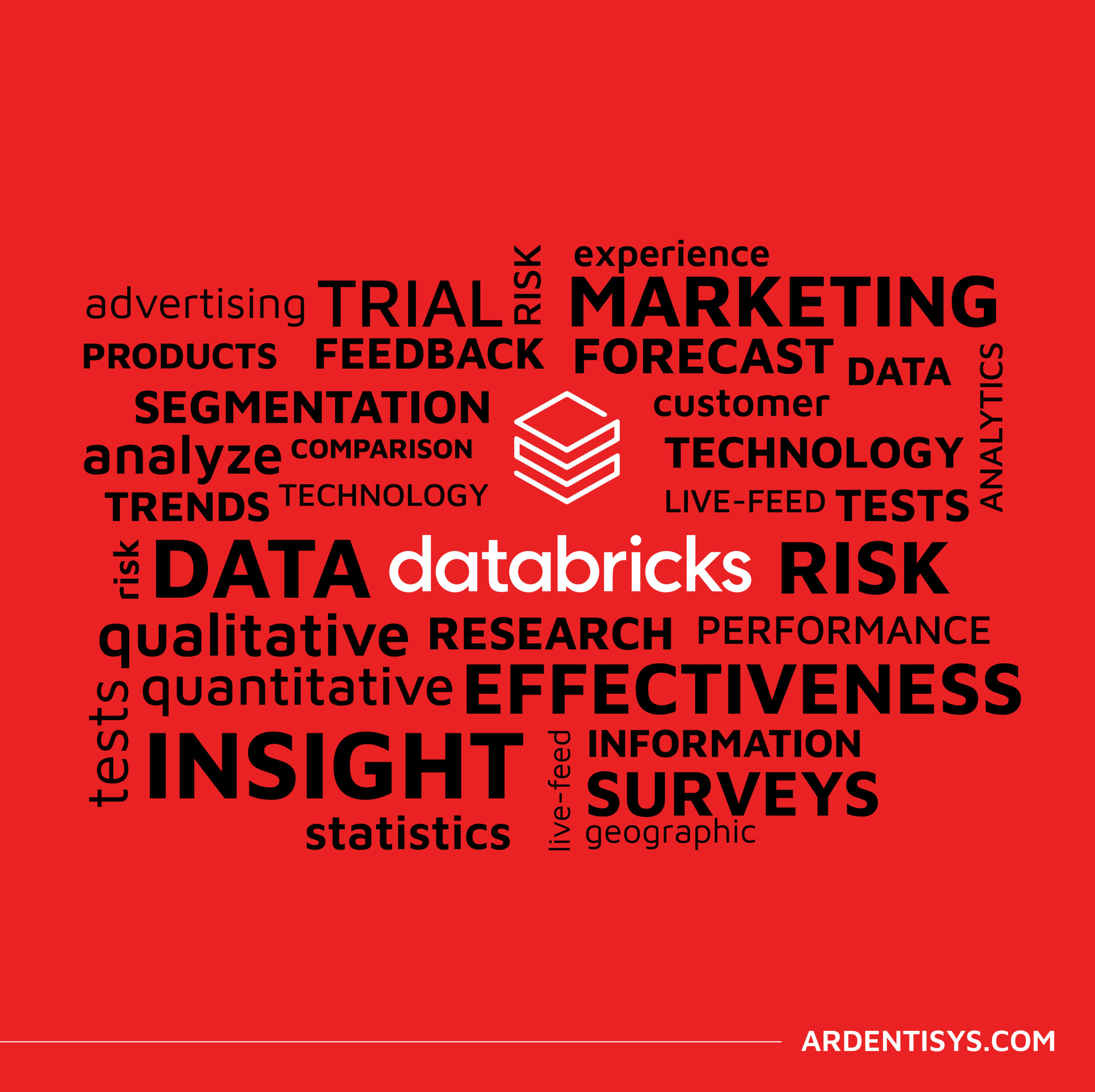Data Warehouse or a Data Lake – Key differences and choosing what is right for you
8 April 2022 | Noor Khan

Storing big data effectively in a structured, organised way is becoming a challenge for many organisations especially as data is rapidly growing. Although both data warehouses and data lakes are used to store large volumes of complex data, they have a number of key differences which means they cannot be used interchangeably.
Ardent’s highly experienced data engineers have worked with several clients to help them store their data from building complex data warehouses to organise data to creating a large scale 10 TB data lake to collate data from a variety of sources and over a million devices a month. Here, we will look at what data warehouses and data lakes are and how they differ.
What is a data warehouse?
A data warehouse is a central data repository of an organisations data. The data stored is organised and structured to ensure that useful insights can be gained with easy access. A data warehouse is a cost-effective streamlined way of storing data as the data that is stored is ‘clean’, this helps businesses save storage costs as they do not have to pay for the storage of raw data. Data warehouses use a ‘schema on write’ model enabling the information to be categorised. Due to the nature of a data warehouse structure, any unstructured data may be ignored. Therefore, building a data warehouse may be suitable for one company and their data and completely unsuitable for another.
The advantages and disadvantages of data warehouses
There are several advantages of warehouses, and they include:
- Cost-effective storage of processed data
- Clean, structured, organised data
- Can be easily integrated
There are also some disadvantages to consider when it comes to a data warehouse, and they include:
- Some data may be excluded if the data does not fit a specific category
- Can be rigid as opposed to data lakes
What is a data lake?
A data lake will collate and store data from various sources. The data in a data lake is raw data that needs data engineering expertise to access and to gain an understanding of it. Data lakes are suitable for data that is unstructured and that is coming in from several sources. Our data engineers built a large-scale data lake for a market research company that allowed them to store a variety of data they were collecting, ranging from near-real-time social media data to survey data that was been collected. The data lake uses a ‘schema on read’ model which means that all data is stored in its raw form and only transformed when it is ready to be used.
Explore our client success stories.
The advantages and disadvantages of data lakes
There are several advantages of data lakes, and they are as follows:
- Data lakes enable you to store large volumes of varying data without having to organise it and process it beforehand
- Can upload data from any source system
- Users can access all the information in real-time
- Quicker insights as users can access all types of data at any time
Data lakes also have some disadvantages to consider:
- Data lakes can be costly due to the sheer volume of data being stored
- Require specific expertise or tools to gauge insights from data
Ardents data engineering services
If you are looking for a central data repository to collate a variety of data then you will need to take into consideration both data warehouses and data lakes and map out your requirements with the advantages and disadvantages for both. It's vital to look at the type of data you are dealing with when making a decision.
At Ardent, we ensure that our clients select the solutions and technologies that will help fulfil their unique and specific set of challenges. Our expertise in AWS Redshift, Snowflake, Ms SQL Server, Domo and similar technologies enable us to deliver excellence in data engineering. So, if you need advice on navigating your data storage, then get in touch today and our data experts can help.
Ardent Insights

Overcoming Data Administration Challenges and Strategies for Effective Data Management
Businesses face significant challenges to continuously manage and optimise their databases, extract valuable information from them, and then to share and report the insights gained from ongoing analysis of the data. As data continues to grow exponentially, they must address key issues to unlock the full potential of their data asset across the whole business. [...]
Read More... from Data Warehouse or a Data Lake – Key differences and choosing what is right for you

Are you considering AI adoption? We summarise our learnings, do’s and don’ts from our engagements with leading clients.
How Ardent can help you prepare your data for AI success Data is at the core of any business striving to adopt AI. It has become the lifeblood of enterprises, powering insights and innovations that drive better decision making and competitive advantages. As the amount of data generated proliferates across many sectors, the allure of [...]
Read More... from Data Warehouse or a Data Lake – Key differences and choosing what is right for you

Why the Market Research sector is taking note of Databricks Data Lakehouse.
Overcoming Market Research Challenges For Market Research agencies, Organisations and Brands exploring insights across markets and customers, the traditional research model of bidding for a blend of large-scale qualitative and quantitative data collection processes is losing appeal to a more value-driven, granular, real-time targeted approach to understanding consumer behaviour, more regular insights engagement and more [...]
Read More... from Data Warehouse or a Data Lake – Key differences and choosing what is right for you






